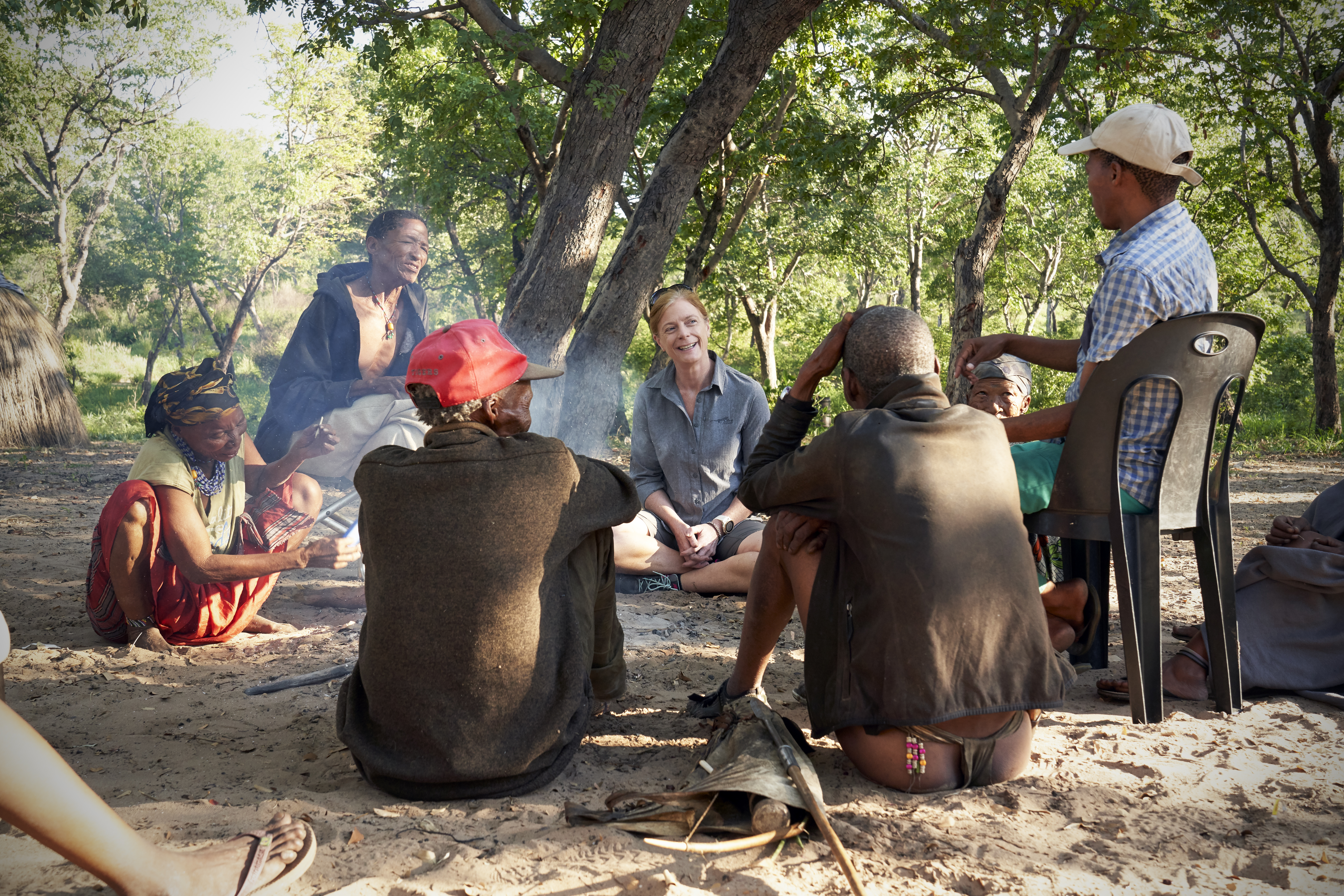Media release
From:
The ancestral homeland of every human alive today is in the southern African countries of Botswana, Namibia and Zimbabwe, south of the Zambezi River, according to Australian-led research.
We knew modern humans originated around 200,000 years ago, but exactly where we originated has remained a mystery, until now.
The researchers pinpointed the first place humans called home by looking at the genetic code of mitochondria - the cell's 'energy factories' - from 1,000 living southern Africans. Mitochondrial DNA is inherited from our mothers, allowing matrilineal lines to be tracked.
The DNA data was combined with linguistic, cultural, historical, geographic and archaeological data to establish a trajectory back in time, revealing that we most likely emerged in the Makgadikgadi–Okavango palaeo-wetland of southern Africa.
It's an inhospitable place now, dominated by desert and salt pans, but was once home to an enormous lake twice the area of modern Lake Victoria. Roughly 200,000 years ago the lake began to break-up, creating a vast wetland.
The researchers say our earliest ancestors appear to have thrived in the area for 70,000 years before the earliest human explorers ventured out of the homeland. Reconstructing climate conditions, the authors provide evidence that climate change opened up other areas of Africa, eventually leading to our domination of every corner of the globe.
Join us for this online briefing, when the study's authors will discuss their work and its implications.
Speakers:
- Professor Vanessa Hayes is Head of Human Comparative and Prostate Cancer Genomics at the Garvan Institute for Medical Research, Petre Chair of Prostate Cancer Research at the University of Sydney and Conjoint Professor of Medicine at UNSW
- Dr Eva Chan is a Senior Research Officer/ Analyst in Human Comparative and Prostate Cancer Genomics at the Garvan Institute for Medical Research
This briefing has now ended. For a full briefing recording, you can click here or follow the link below.



 Australia; International; NSW
Australia; International; NSW



